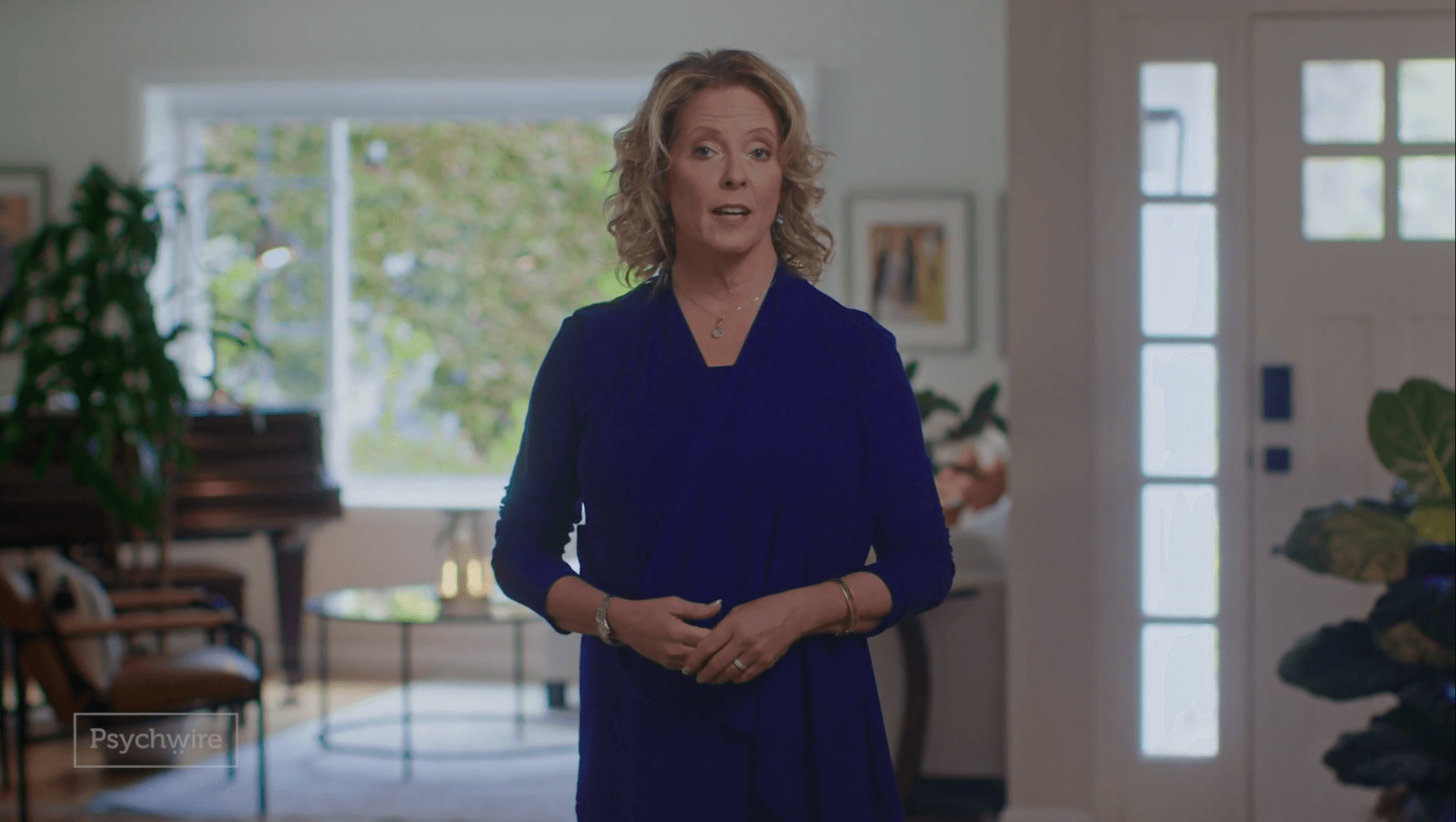
Finding the "Why" for First Responders
 EMDR for First Responders
EMDR for First RespondersNow, we're going to take a look at first responder culture and personality so that you can be as effective as possible in working in this population. The first aspect to look at is the first responders why. In other words, most first responders come into this career with a sense of purpose. They've made an internal decision of why they wanna do the work that they're gonna do, why they're gonna risk their lives, why they wanna help and save others. It's important for us clinicians to explore the why with each of our clients.
Now we could be coming back to that as installing a positive later, or we could discover that maybe this is a negative and it's maladaptive in terms of where they are in the moment. So it's important to discover the why. Sometimes the why is as simple as they wanna protect people. They wanna be the helper. Perhaps this has been their nature most of their lives. The reason this why is so important is because when they get to our offices with this pile up of stress, this cumulative stress, post traumatic stress injury, they have forgotten why they started this in the first place, and it can be an important place to return to later in treatment.
One common theme that we find in working with first responders to discover the why, that sense of purpose, is there maybe an earlier life event that gave them the sense of purpose that they wanna help and they wanna save and they wanna make a difference in people's lives? For example, I worked with an officer who grew up with domestic violence. And at a very young age, he knew that he wanted to be that officer who's going to come and protect and change the situation. This is really important because it can be an aspect of post-traumatic growth.
Not all childhood trauma is post-traumatic stress disorder. It could be an opportunity to explore with them that they made a decision, and that's a post-traumatic growth opportunity.